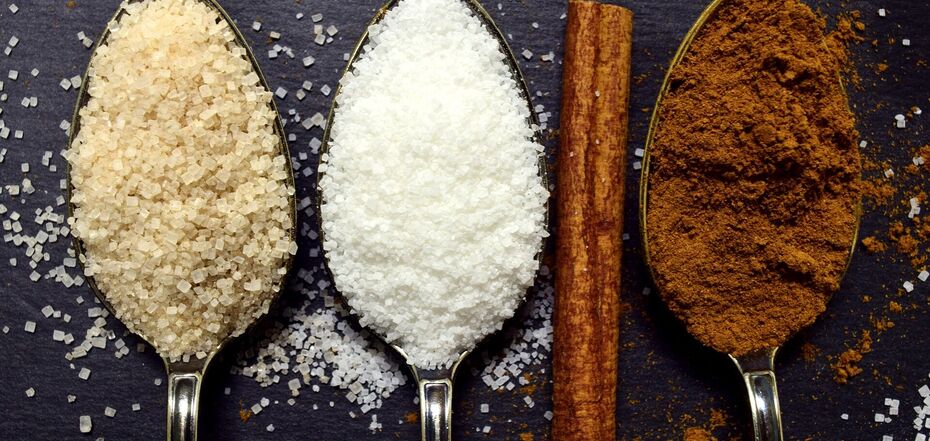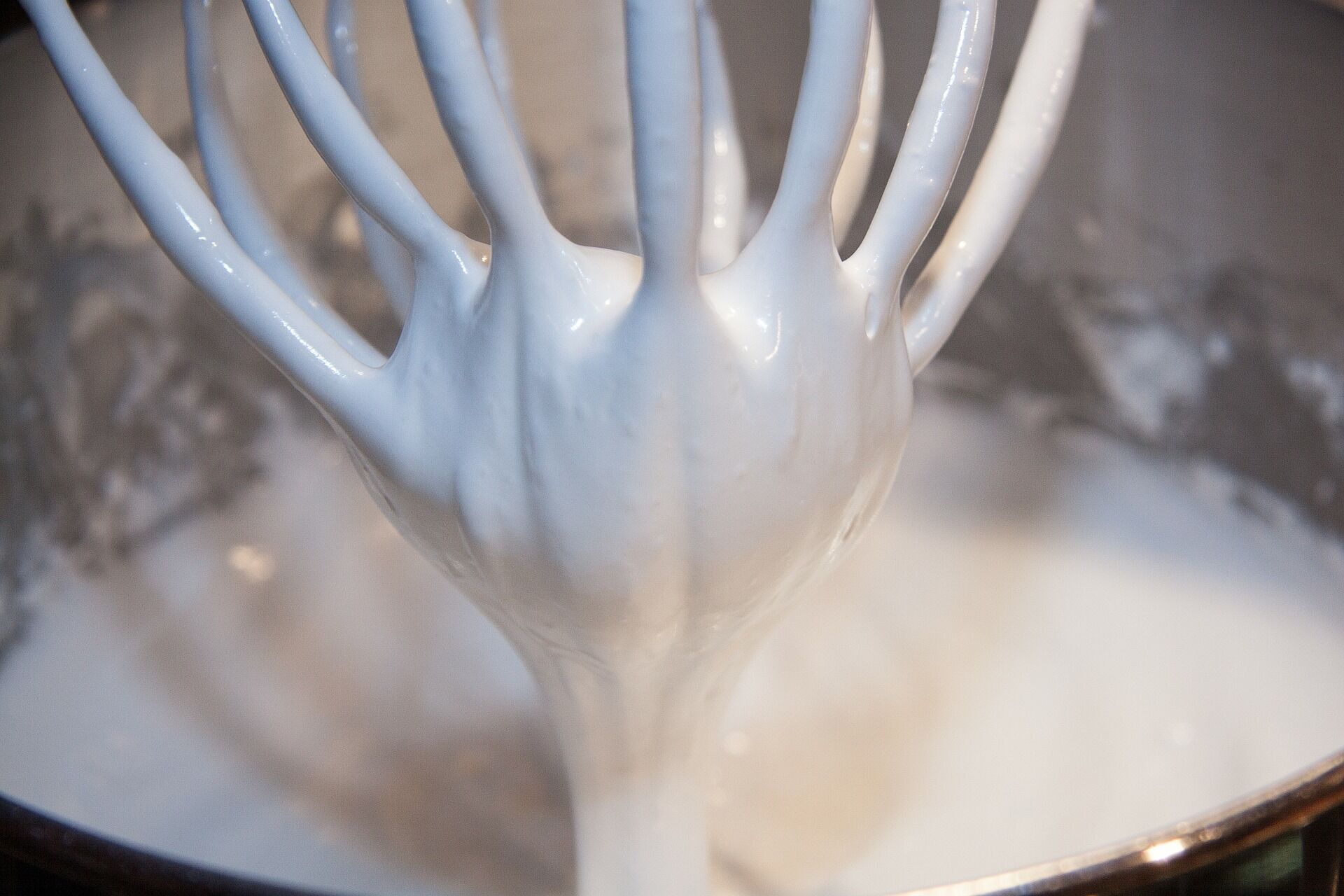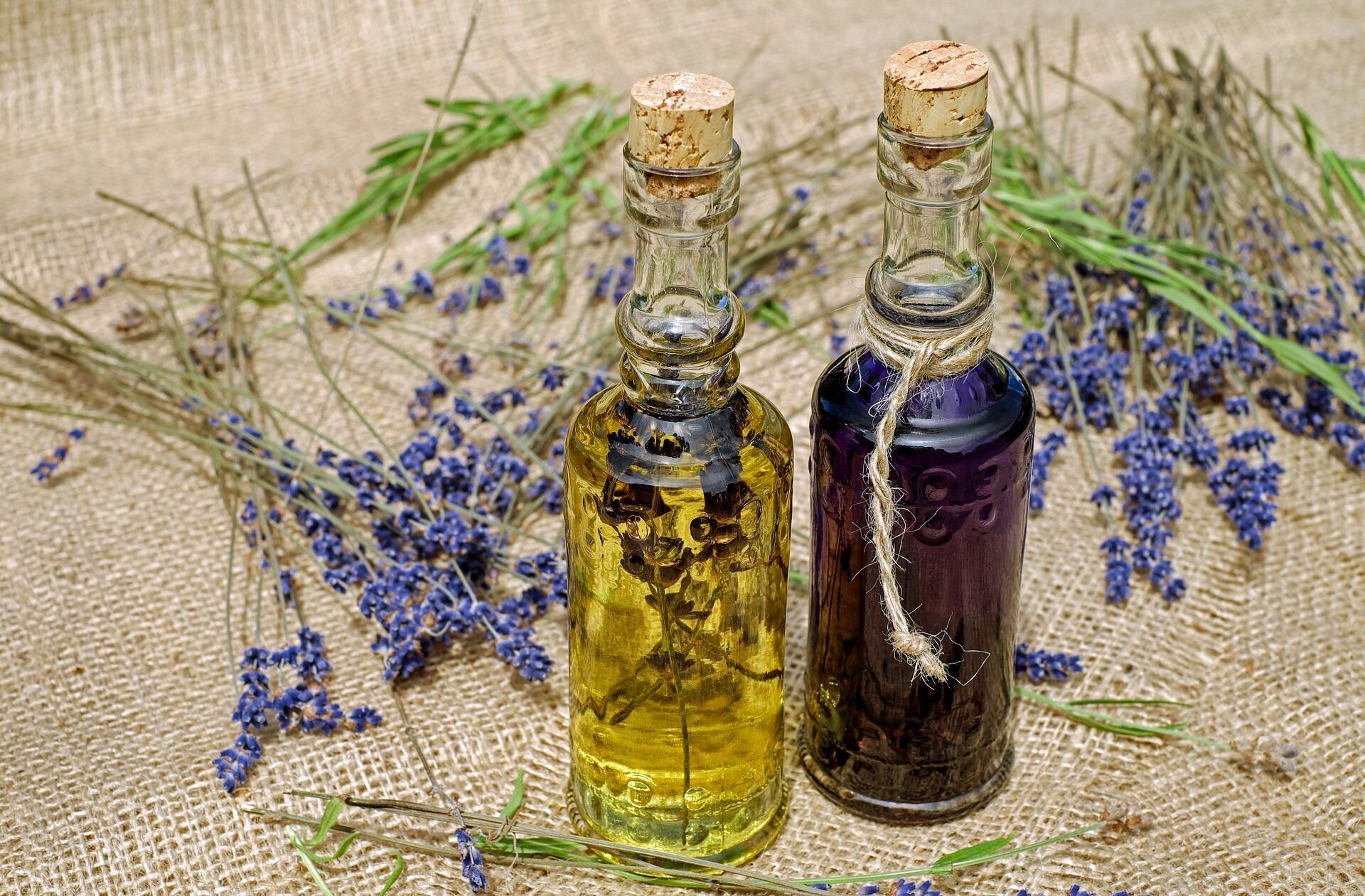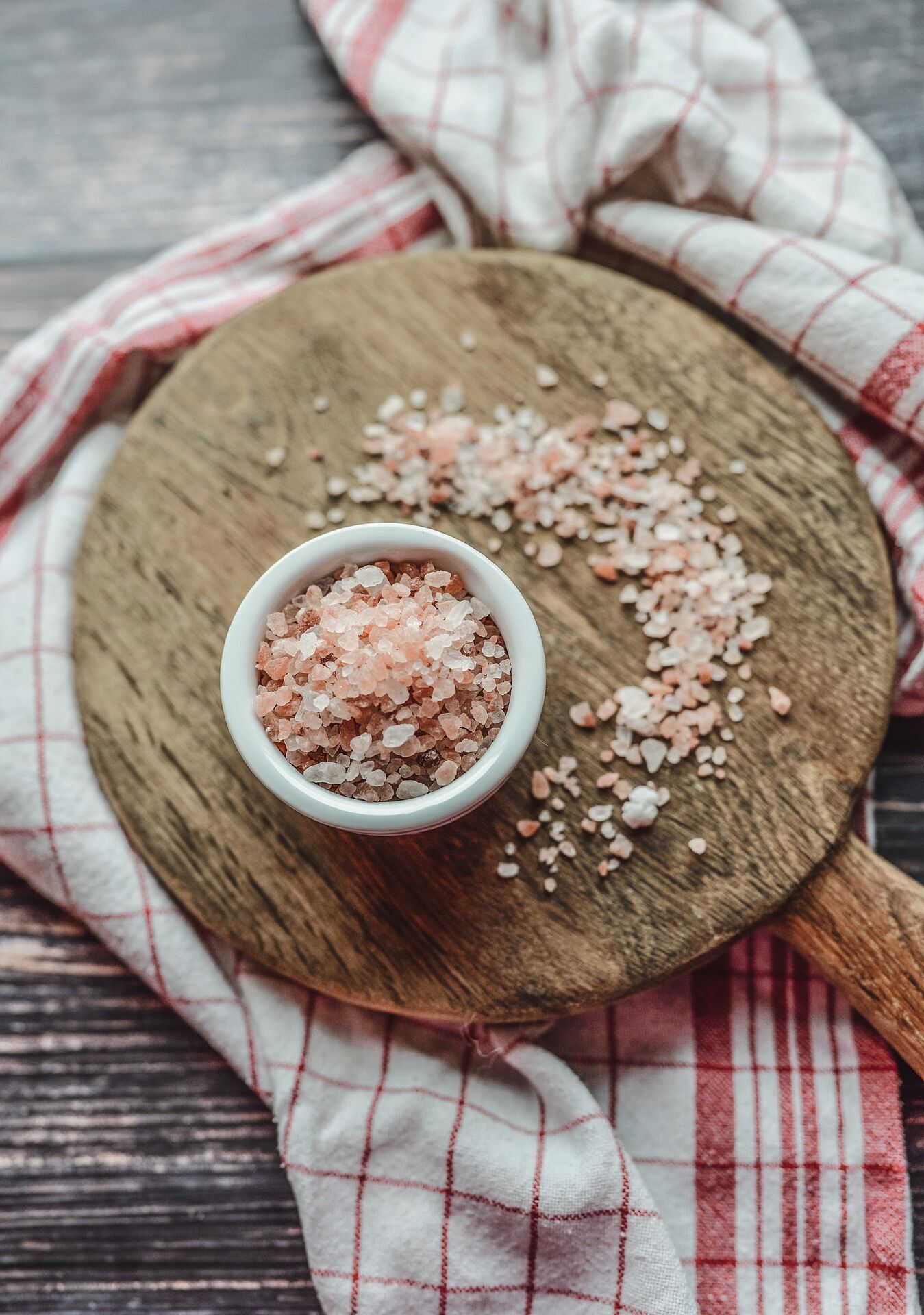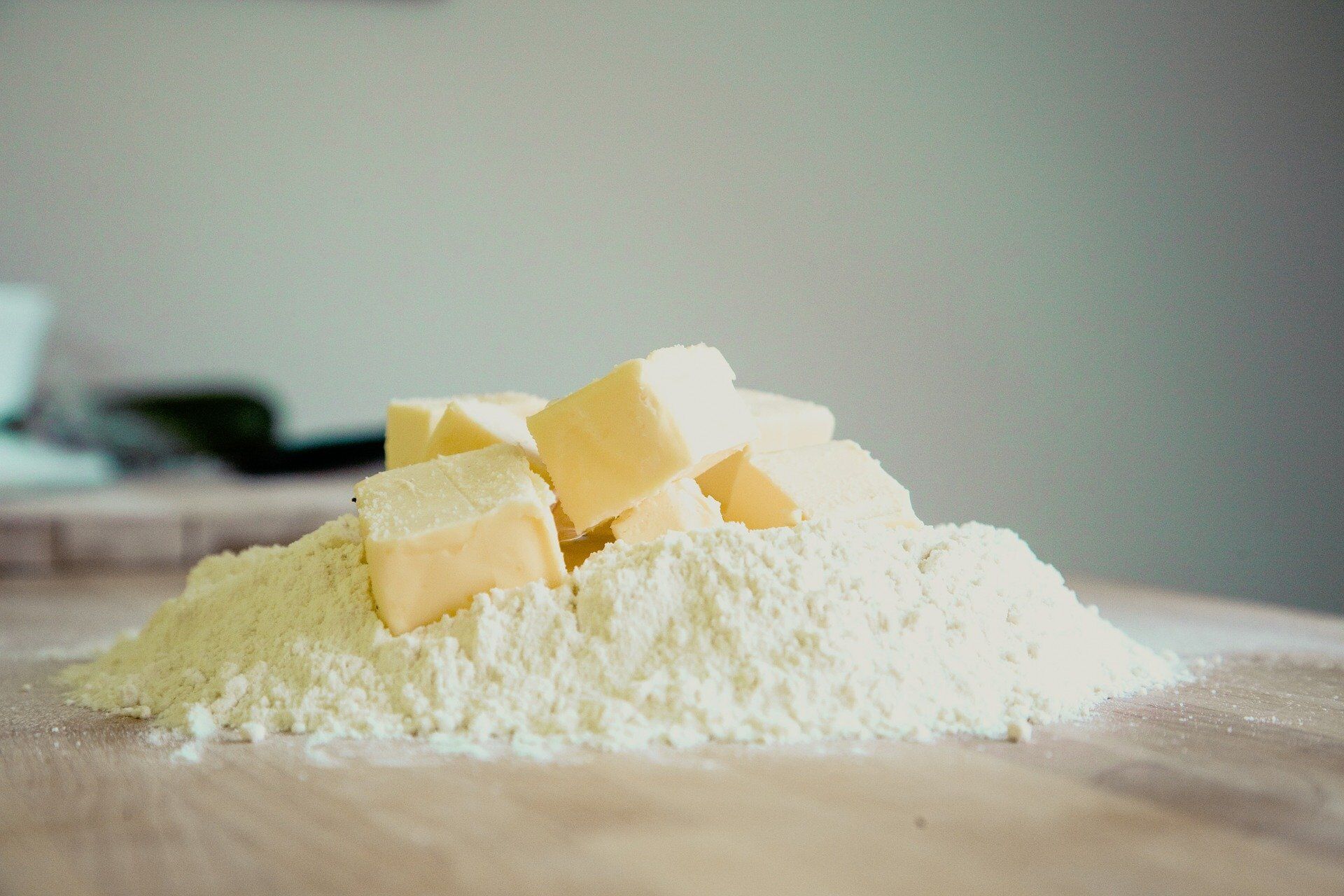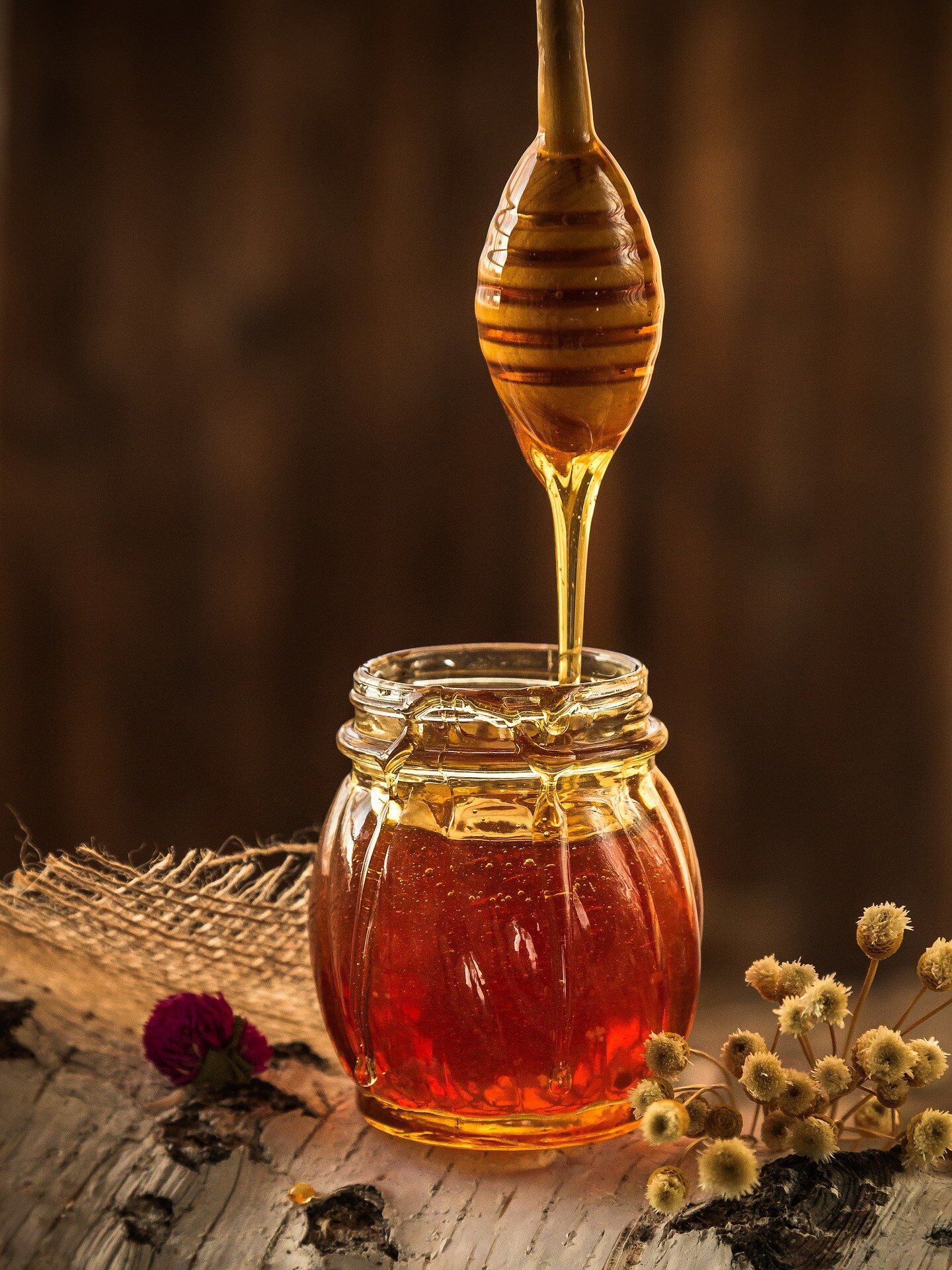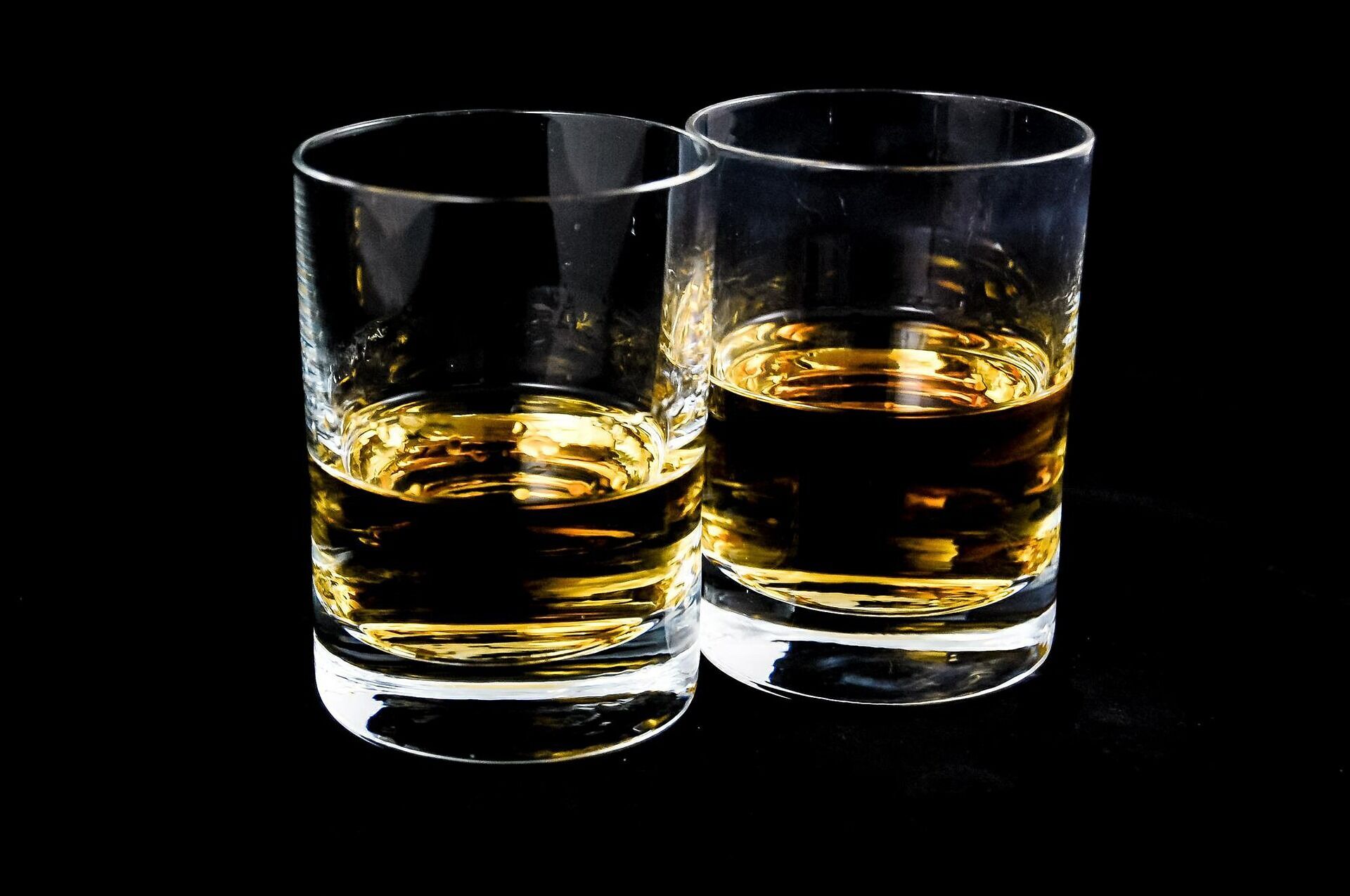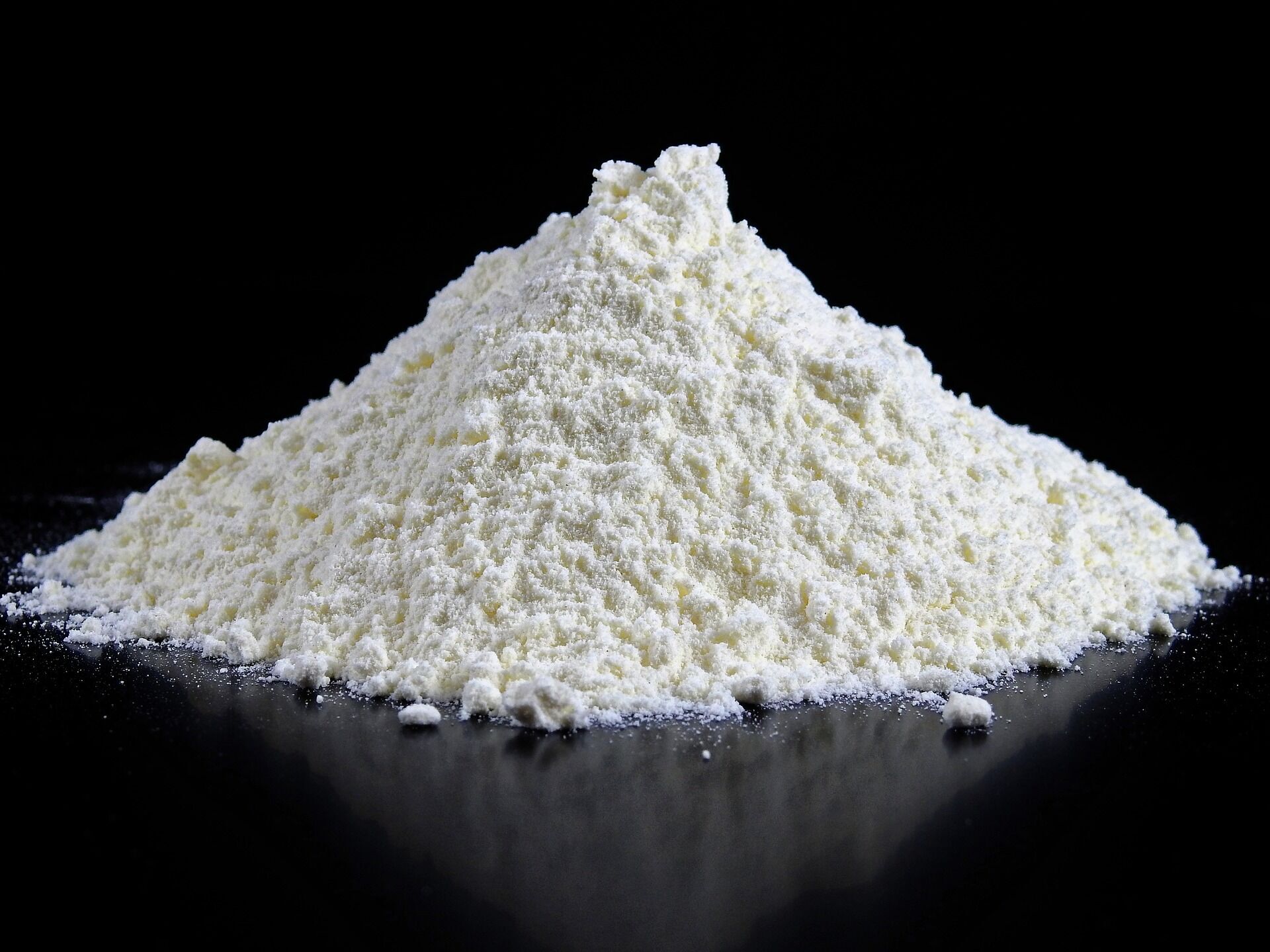LS Food
How to accurately measure ingredients with a spoon if you don't have a scale
Every housewife has faced the problem of how to accurately measure a product in the kitchen if there is no scale, and it's very simple - with a spoon. This is especially true for salt, vanilla, butter, and even flour.
That's why the FoodOboz editorial team has selected some tips on how not to make a mistake in calculations and accurately measure products so as not to spoil any dish.
Cream
In a teaspoon – 5 g, in a tablespoon – 15 g, in a ¼ cup – 58 g, in a ½ cup – 115 g, in a whole cup – 230 g.
Vegetable oil
In a teaspoon – 4.5 g, in a tablespoon – 14 g, in a ¼ cup – 55 g, in a ½ cup – 110 g, in a whole cup – 220 g.
Granulated salt
In a teaspoon – 6.5 g, in a tablespoon – 20 g, in a ¼ cup – 80 g, in a ½ cup – 160 g, in a whole cup – 320 g.
Butter
In a teaspoon – 4.5 g, in a tablespoon – 14 g, in a ¼ cup – 56 g, in a ½ cup – 112 g, in a whole cup – 225 g.
Honey
In a teaspoon – 7 g, in a tablespoon – 20 g, in a ¼ cup – 84 g, in a ½ cup – 165 g, in a whole cup – 330 g.
Sugar
In a teaspoon – 4.5 g, in a tablespoon – 13 g, in a ¼ cup – 50 g, in a ½ cup – 100 g, in a whole cup – 200 g.
Alcohol
Rum, vodka, brandy – 4.5 g in a teaspoon, 14 g in a tablespoon, 56 g in a ¼ cup, 112 g in a ½ cup, 225 g in a whole cup.
Powdered sugar
In a teaspoon – 2.5 g, in a tablespoon – 8 g, in a ¼ cup – 30 g, in a ½ cup – 60 g, in a whole cup – 120 g.
Wheat flour
In a teaspoon – 2.3-3 g, in a tablespoon – 8-9 g, in ¼ cup – 30-35 g, in ½ cup – 60-70 g, in a whole cup 120-140 g.


